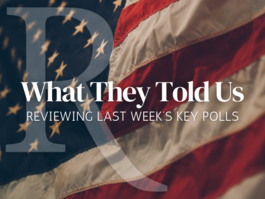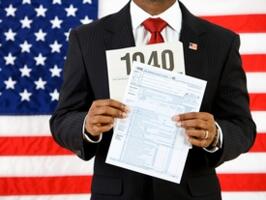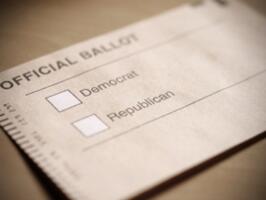The Media Never Gives Peace A Chance By Ted Rall
At this writing, President Trump is considering "the possibility of retaliation in Syria in response to a suspected chemical attack on young children and families in the Syrian city of Douma," reported CBS News. "If it's the Russians, if it's Syria, if it's Iran, if it's all of them together, we'll figure it out," Trump said. "Nothing's off the table," including a military attack by the United States.










